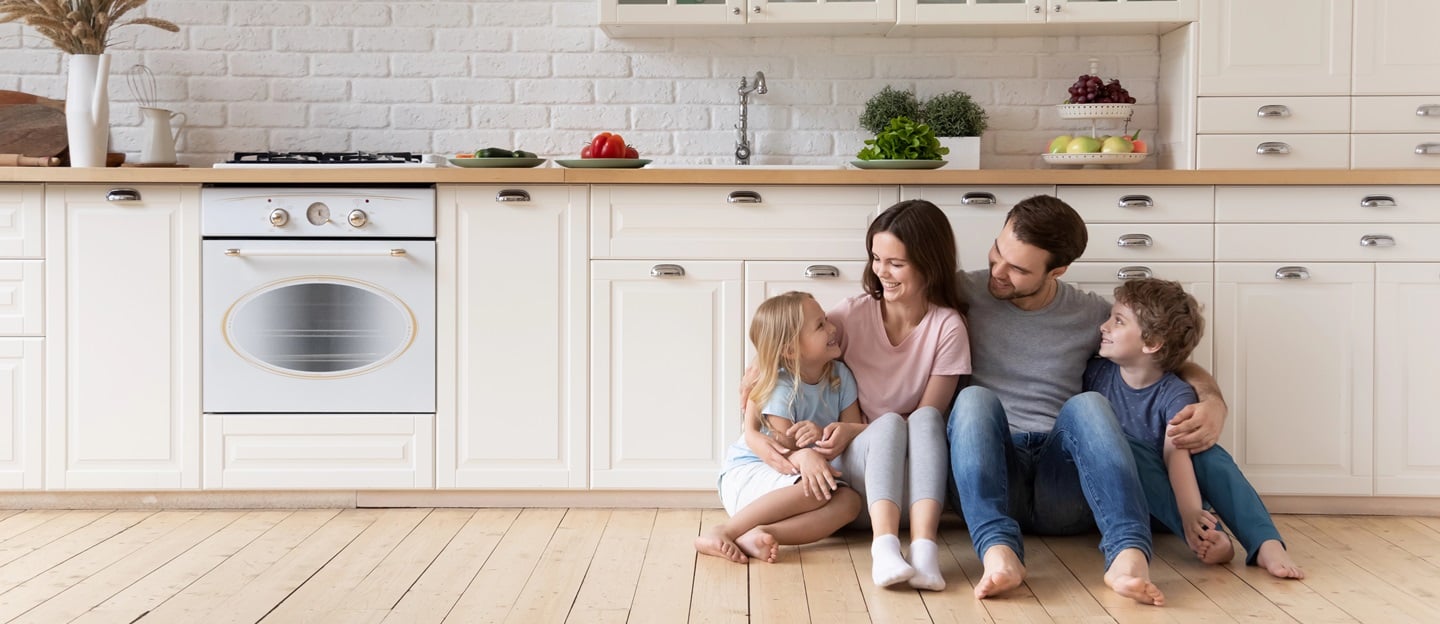Heat Pump: How to Pick the Right Size for Your Home
Heat pump: how to pick the right size for your home
On the path to an efficient and sustainable home, the choice of a heat pump often proves to be one of the most significant decisions for homeowners. These devices, capable of heating, cooling the air and providing domestic hot water, are an environmentally friendly and efficient solution for home comfort. However, to take full advantage of them, it is crucial to select the size best suited to the specific needs of your home.
Heat pump: features and advantages
Heat pumps are one of the most innovative solutions for increasing home energy efficiency, distinguished by their ability to generate heat more efficiently than conventional heating systems. These devices draw on ambient thermal energy to heat water, which is used for both space conditioning and sanitary purposes, optimizing energy consumption and offering multiple benefits.
One significant benefit is the consistent reduction in energy consumption. This results in a considerable decrease in utility bills and helps minimize the ecological footprint of the home, making the heating system more environmentally sustainable. Another feature is compatibility with photovoltaic systems equipped with storage devices.
Besides, in some countries there are tax incentives that can make investing in heat pumps even more appealing.
The sizing of the heat pump
The careful choice of heat pump involves correctly sizing the device. Critical factors include the heat demand of the home, which is based on the climate zone, construction characteristics, and energy efficiency of the building.
An oversized or undersized system can lead to inefficiencies, higher energy consumption, and suboptimal living comfort.
Let us look in detail at the factors to be considered:
- Heat demand
The heat demand of a dwelling is influenced by several variables, such as the area to be heated, the insulation present, and heat loss. For an accurate calculation, it is essential to assess the energy performance of the building, also considering the requirements for domestic hot water production.
- Climate zone and building characteristics
The climate zone and the building's construction characteristics play a decisive role in calculating the heat demand. A detailed analysis of these elements makes it possible to identify the power required for the heat pump, ensuring that the system can adequately compensate for heat loss and ensure the desired comfort.
Calculating consumption for heat demand
Choosing a suitable heat pump requires a careful assessment of the heat demand of the home, for which the Energy Performance Certificate (APE) provides valuable, though not always perfectly accurate, guidance.
This document, which reports the annual energy consumption needed for heating in kilowatt-hours per square meter, serves as an essential starting point for calibrating the expected energy consumption.
How to choose the right heat pump for your home
The selection of the most suitable heat pump must take into account several variables that can influence both the energy demand and the power required by the system.
Aspects such as the functionality of the system (heating, cooling, domestic hot water production), the climate zone, and the thermal insulation of the home have a direct impact on the sizing of the unit.
Careful analysis of these factors can lead to adjustment of heat pump output, either upward or downward, depending on specific needs. Improvements in the building's energy efficiency, such as through thermal insulation, can reduce the power required, allowing a less energy-intensive heat pump model to be opted for.
For this reason, advice from a qualified technician or specialist company is essential to determine the most efficient and sustainable solution for your home. Accurate heat pump sizing not only ensures consistent living comfort but also allows you to optimize your energy consumption, resulting in lower utility bills and a smaller carbon footprint.
Technological innovations and sustainability
Selecting the right heat pump for one's home requires care and understanding of the energy needs and specific conditions of the home.
Recent innovations in heat pumps include improvements in operating efficiency at low outdoor temperatures and integration with renewable energy systems.
These developments make heat pumps an even more sustainable and efficient solution for home comfort.
Ariston is committed to providing advanced solutions for home heating and cooling, supporting customers in choosing the right system to ensure efficiency, comfort and sustainability.





